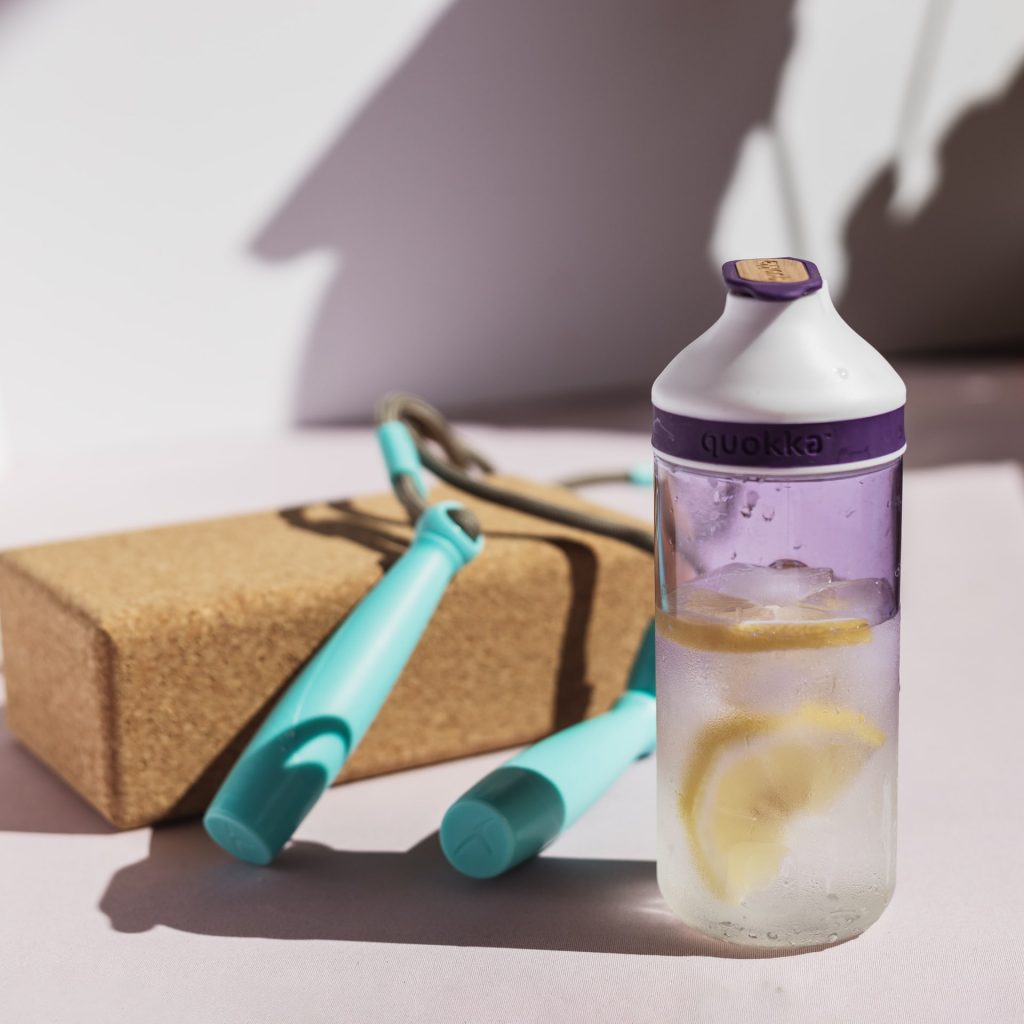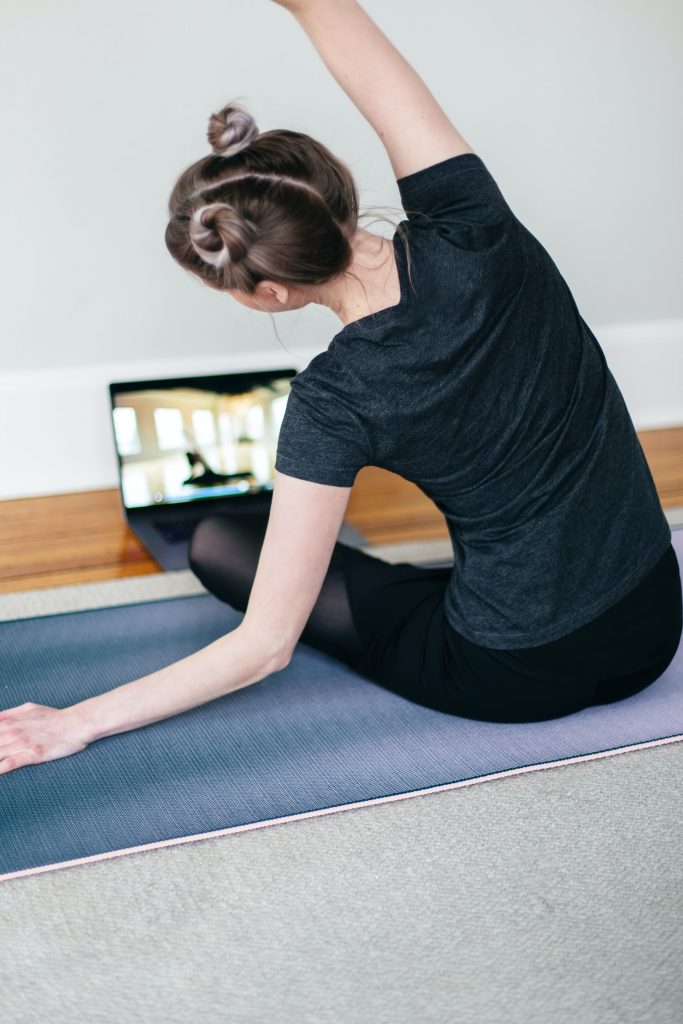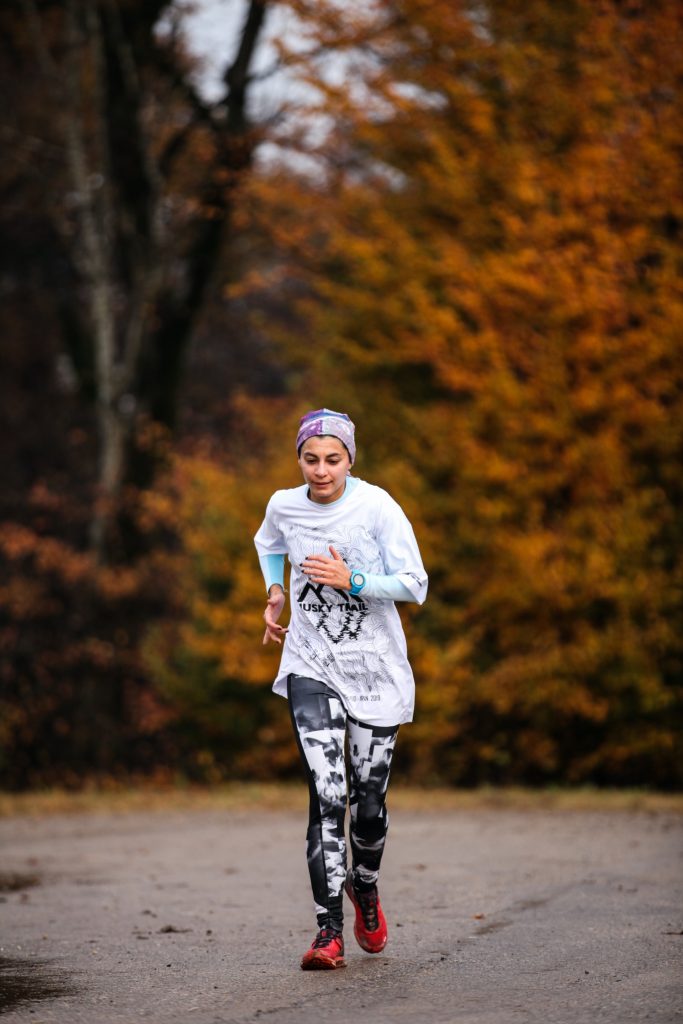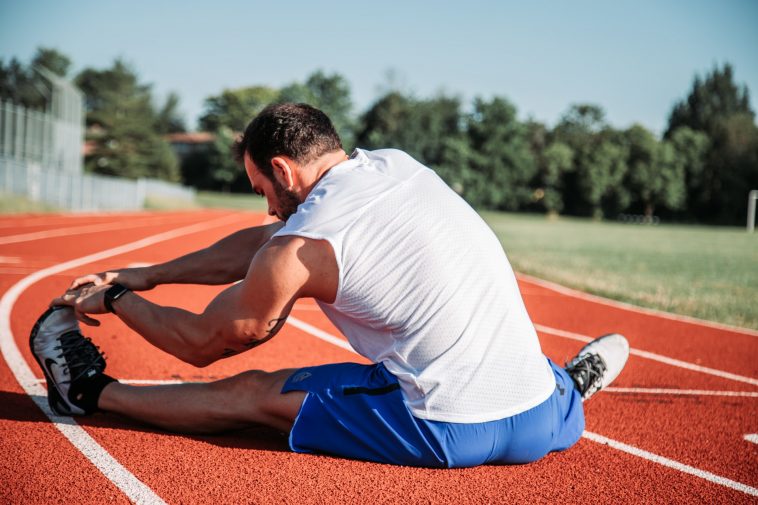So, you just finished a whole workout routine. You’re tired, and you deserve some good rest. But hold on. It’s not over yet. What you do post-workout is also essential. It might be deemed small and easy to dismiss, but these little post-workout actions can help you establish better fitness habits.
Without further ado, let’s list down the five things you shouldn’t do after working out.
Forget to drink enough water.

One of the apparent facts of exercise is it makes you sweat. It’s your body’s way of cooling down when you’re doing a strenuous activity. Sweating during workout prevents you from overheating. However, sweating also means your body loses water too. Excess loss of water can lead to feelings of tiredness and dehydration.
Always remember to take small sips of water before, during, and after a workout. Having a portable flask or bottle with you anywhere can also be convenient. In this way, you’ll remember to hydrate yourself even when you’re not working out.
Skip cool-down stretches.

Just like warming up, doing a cool-down stretch should be a priority in your workout schedule. You might feel tempted just to skip it and go, but you shouldn’t. It doesn’t matter if you did 30 minutes or an hour of exercise. Your body should recover by doing cool-down stretches.
During an exercise session, your body temperature, heart rate, and blood pressure increase in a short amount of time. Cooling down aids your body in getting back to its normal state. By slowing down, your breath and energy gradually recovers. It also prevents soreness and muscle cramps.
Don’t eat anything after working out.

Eating after a workout is not a bad thing! Thinking one will quickly gain back the weight you worked off with a quick bite is a myth. Grabbing a healthy snack after a strenuous activity helps with muscle recovery and weight loss. It also restores your blood sugar levels, which you use up for energy throughout the day.
Not eating anything after a workout can result in lightheadedness, fatigue, and risk of fainting. To make sure you recover well, go for healthy diet choices. Examples are fruits, yogurt, lean protein, and filling carbs, such as oatmeal.
Don’t have a rest day.

A good workout schedule is not complete without rest days. When it comes to fitness, it’s a fact that more isn’t always better. Exercising non-stop every day is less effective than a workout routine with breaks in between.
Whether you’re motivated to get fit or training for the Olympics, there are no exceptions. Rest days are a must. Without it, your body won’t be able to repair and recover. Resting reduces the risk of muscle fatigue and injury. Moreover, it helps you improve your endurance level. Instead of tiring yourself out every single day, you’re supposed to be on a consistent path of exercise and rest.
Don’t keep track of your progress.

When you get started on working out, it’s good to keep a realistic goal in mind. Maybe you want to build up your strength or want your old pair of pants to fit again. Whatever fitness goal you have, it’s good to keep track of it throughout your progress. It’s not strictly required, but many fitness professionals recommend this tip.
Nowadays, there are apps you can install for simple progress tracking. You can also write your achievements down in a journal. After all, getting fit is not only about the goal. It’s about how you can build yourself up and achieve your confidence.




